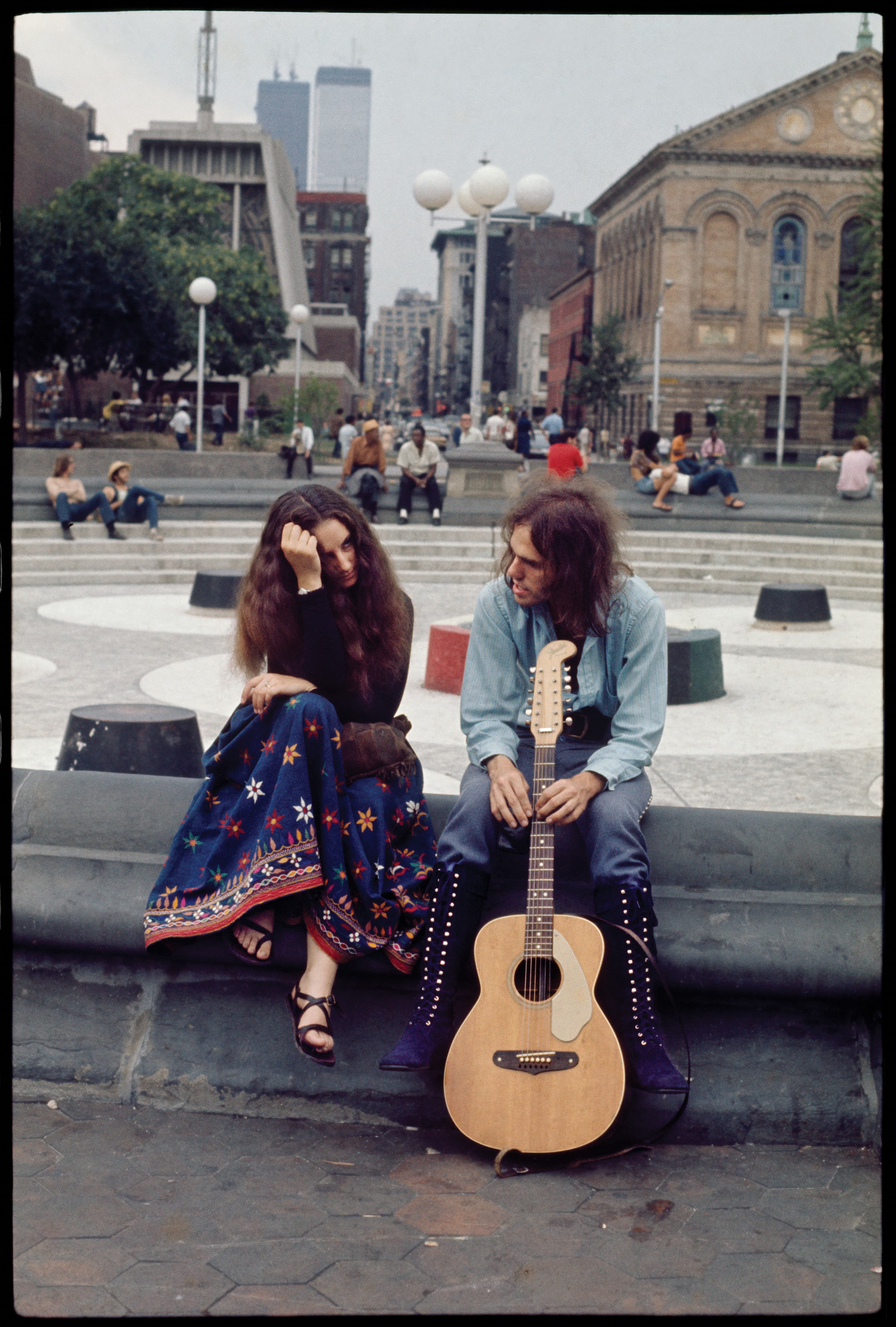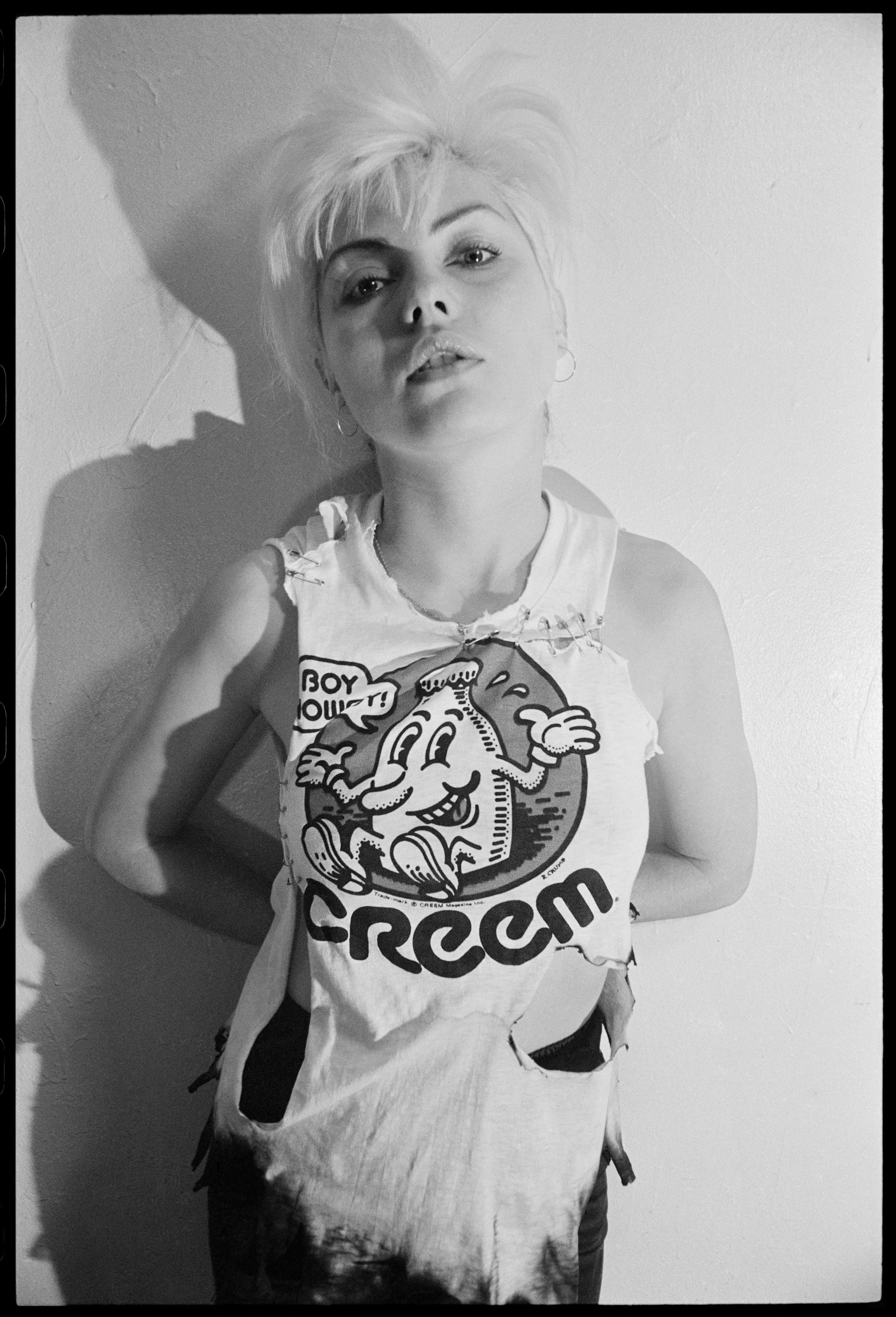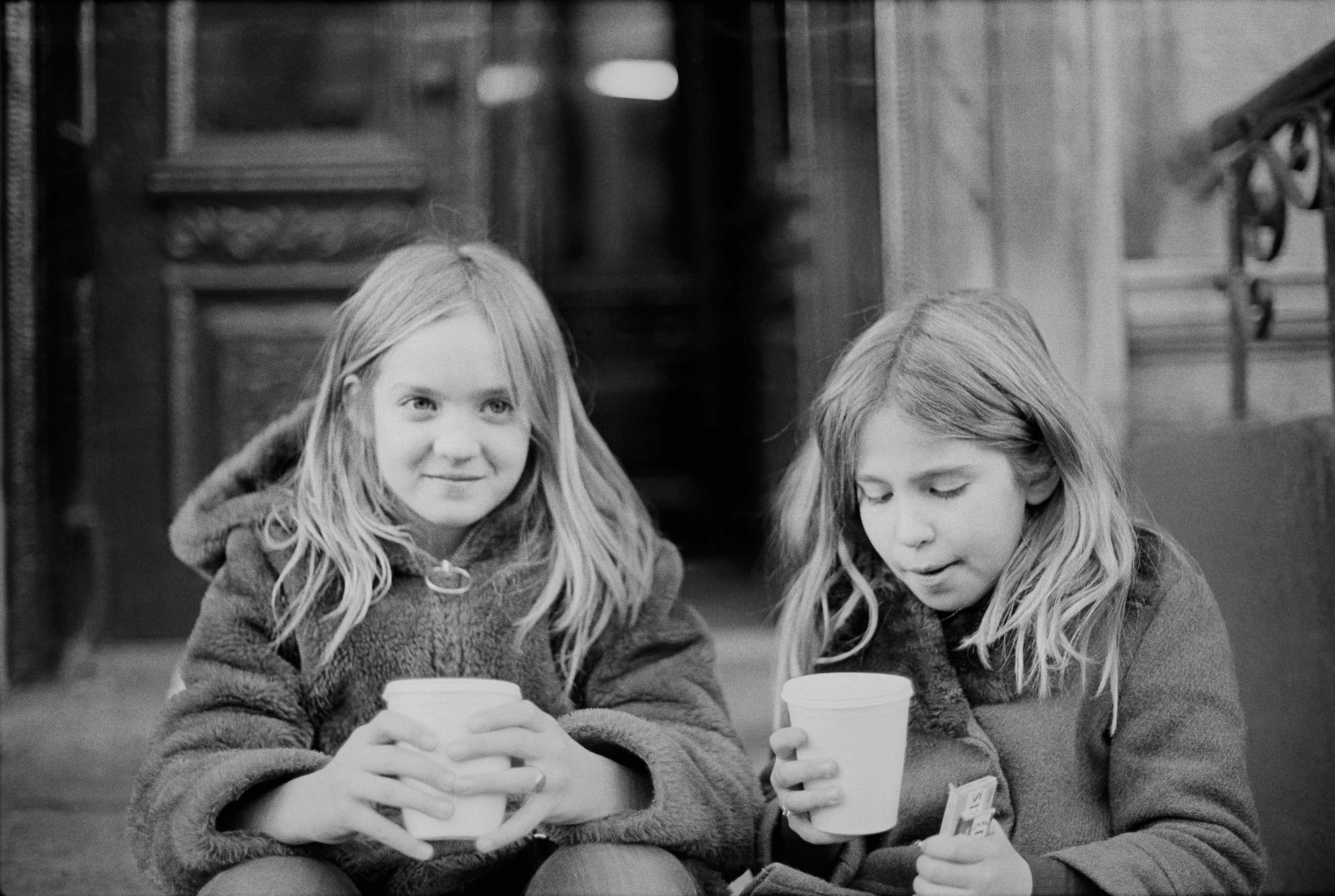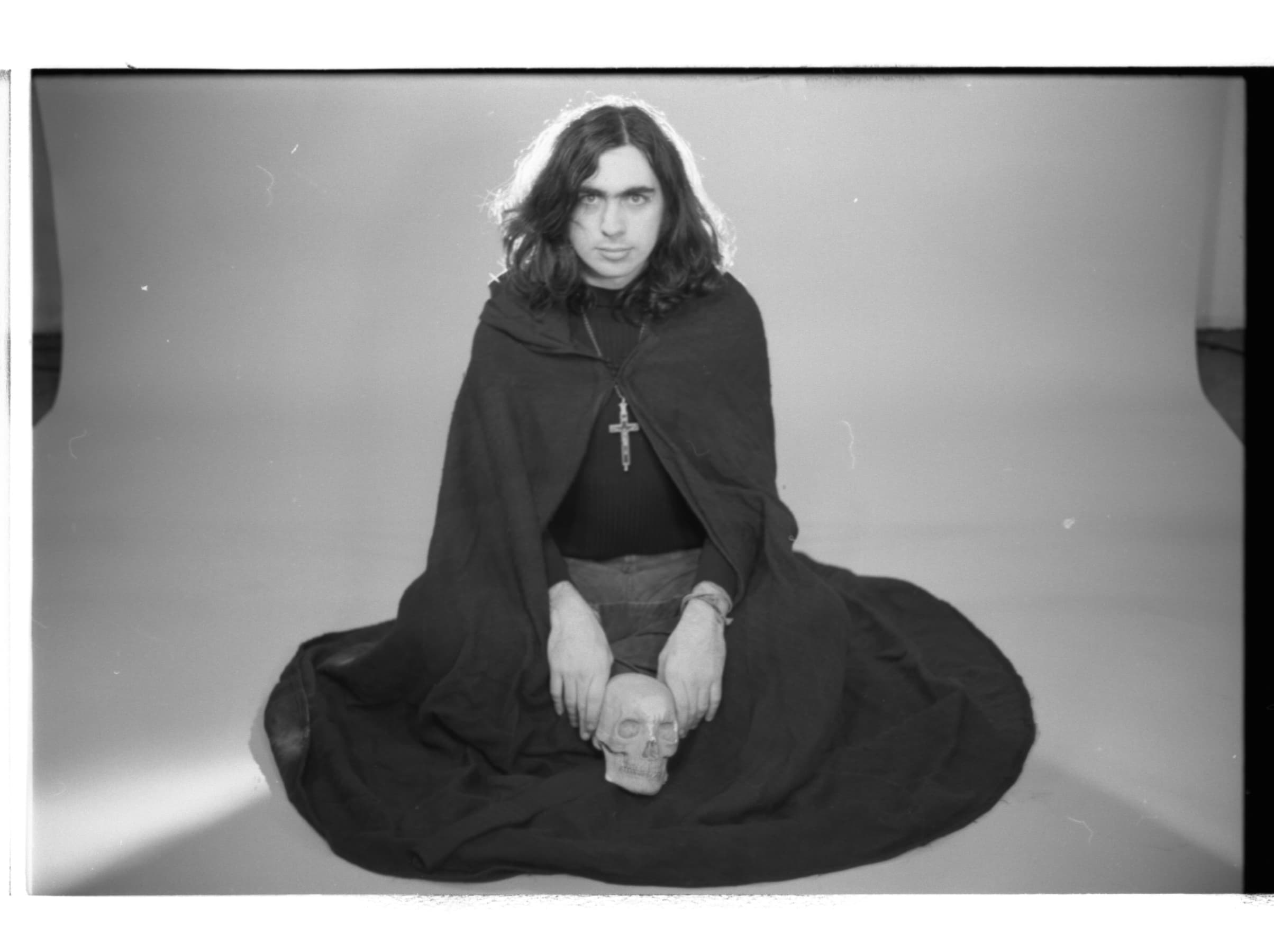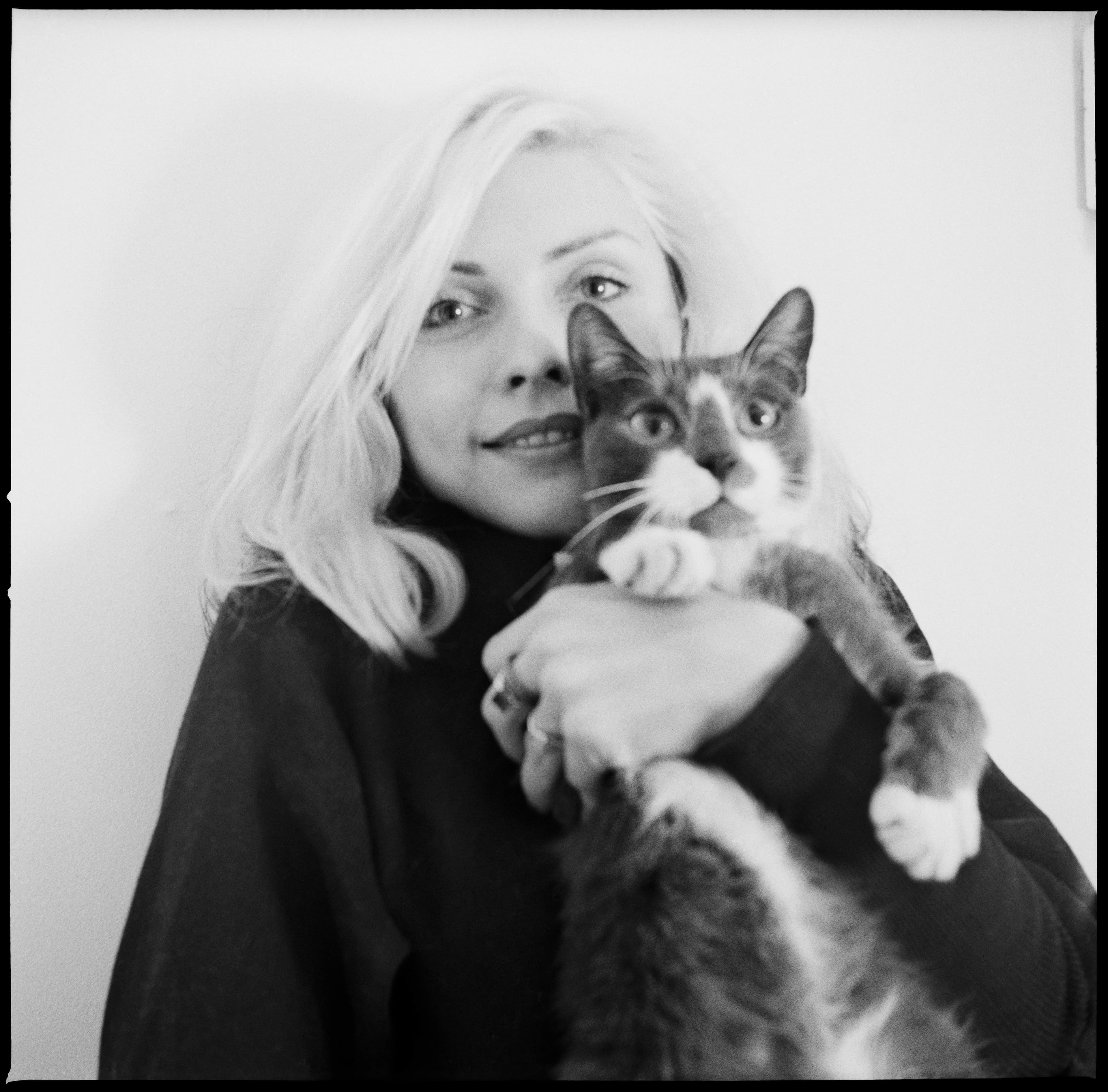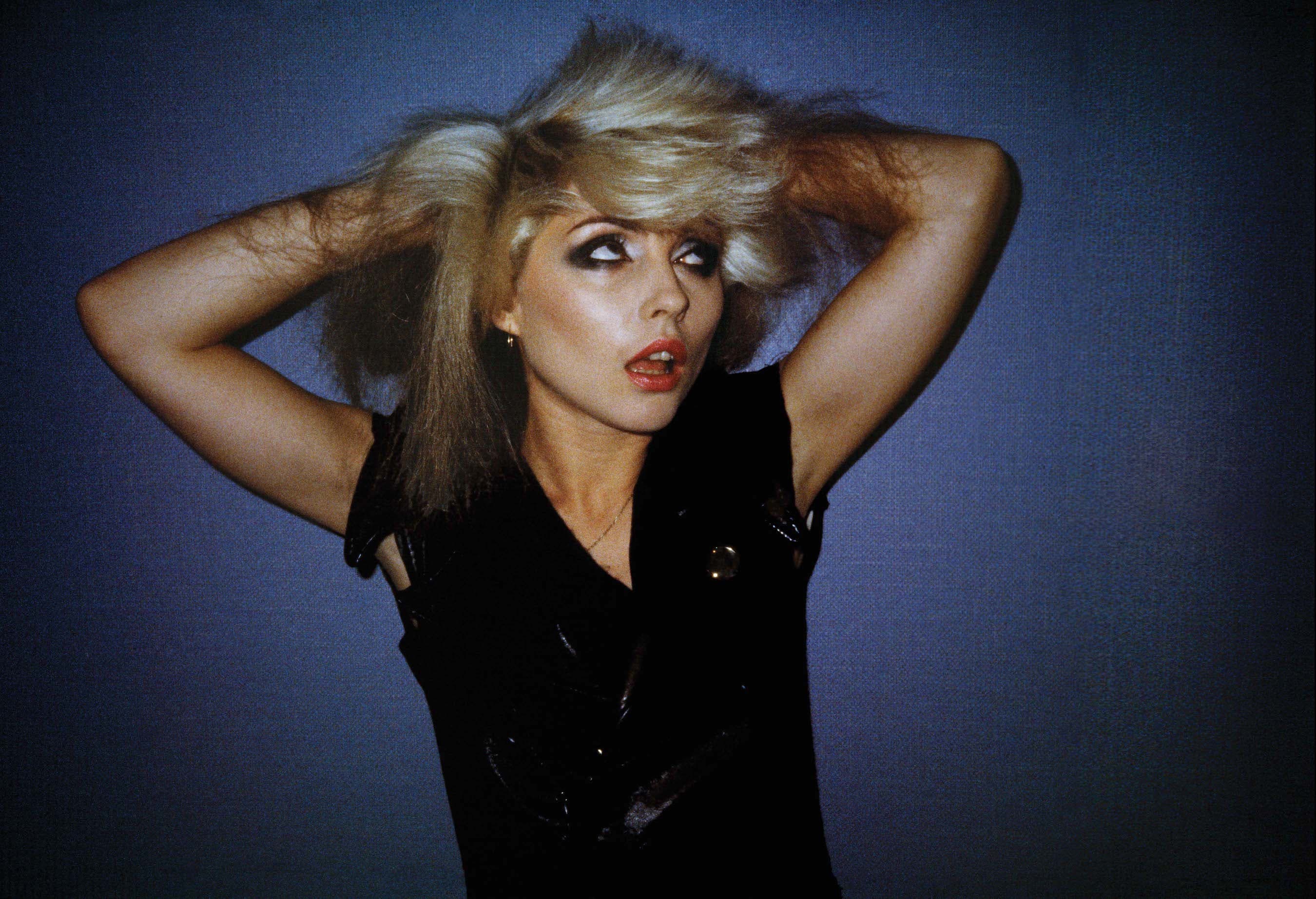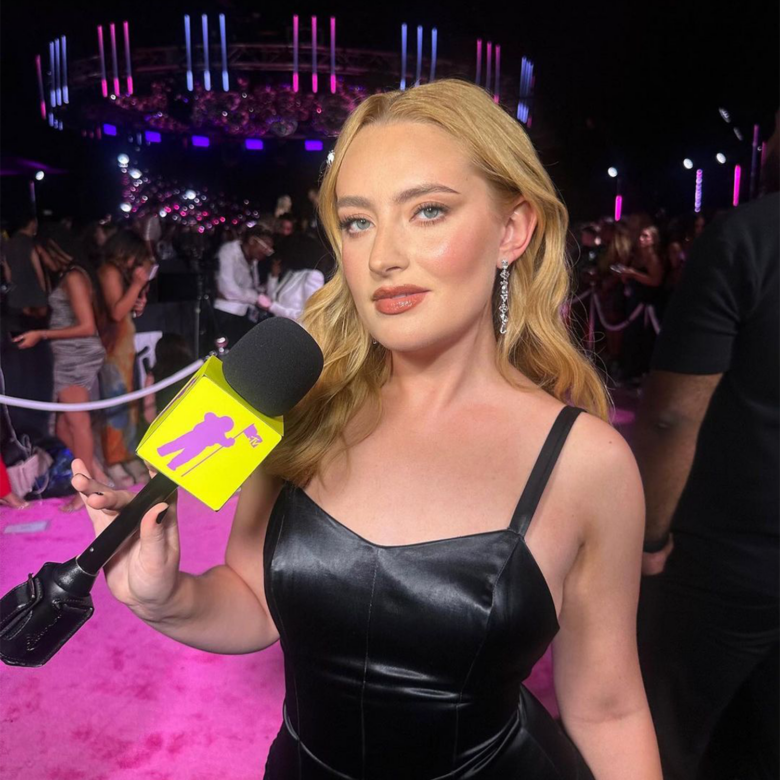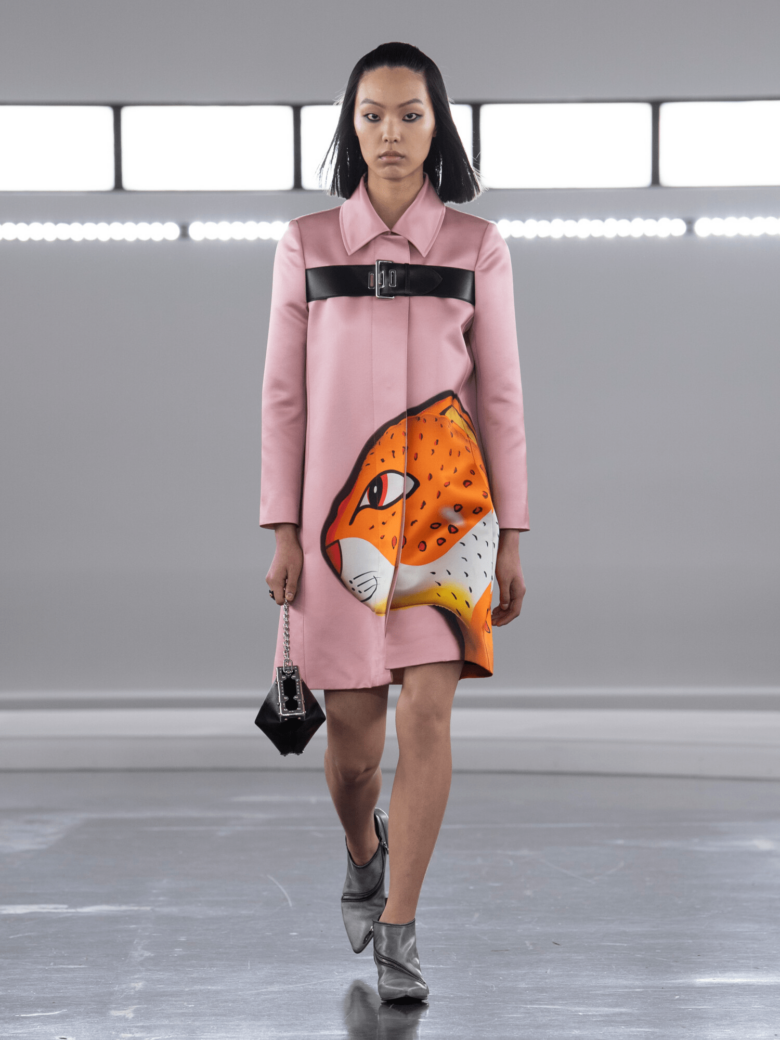Blondie, Bowie and seventies New York through the lens of Chris Stein
Renowned as the co-founder and guitarist of the iconic new wave band Blondie, Chris Stein’s photography is as poignant and powerful as the songs he wrote. Documenting New York from the seventies to today, he’s lived through the streets and the streets live on through him: from the city’s early punk scene to the landmarks long lost, Stein has captured cultural moments like none other. Captivated by how photography can bottle up a memory forever, his work aimed to keep things as candid as possible, from his still-bandmate and former-partner Debbie Harry to strangers on the street, the result is raw images, people at their most honest. We caught up with the sincere talent as he releases an enchanting new collection of work in, Point of View, and find out how Chris Stein’s world has changed from the days he first pointed his lens to the ones he’s watching unfurl today…
How do you find the New York of today compares to the city portrayed in Point of View? Did it make you feel nostalgic for the New York of old?
There is still a lot going on, I guess it’s just some things change and some things stay the same. But it made me somewhat nostalgic definitely. I’m so attracted to the time travel aspects of photography, how simply one photo can take you back. New York now is all in the midst of all this decay, the decline of the city: since 9/11 we’ve seen the city be pumped up with money. It’s so crowded now, it was never like that back then. It’s hard to put it all into perspective, but it has so much to do with the political climate.
How does it feel looking back at that time from today’s climate?
I think we’re always being attempted to be lulled into a false sense of security. Most recently for me it was the [September 6th 2018] anonymous op-ed in the New York Times critiquing Trump, we’re being told that there are good people in the White House trying to “steer the administration in the right direction”, but I think it’s all bullshit. I think everyone in the administration are all enablers, if they were really trying to do something they’d put their name on it and come out to say something. It’s kind of like Stockholm Syndrome, you get so used to the treatment that when you get given a glass of water you think it’s so great.
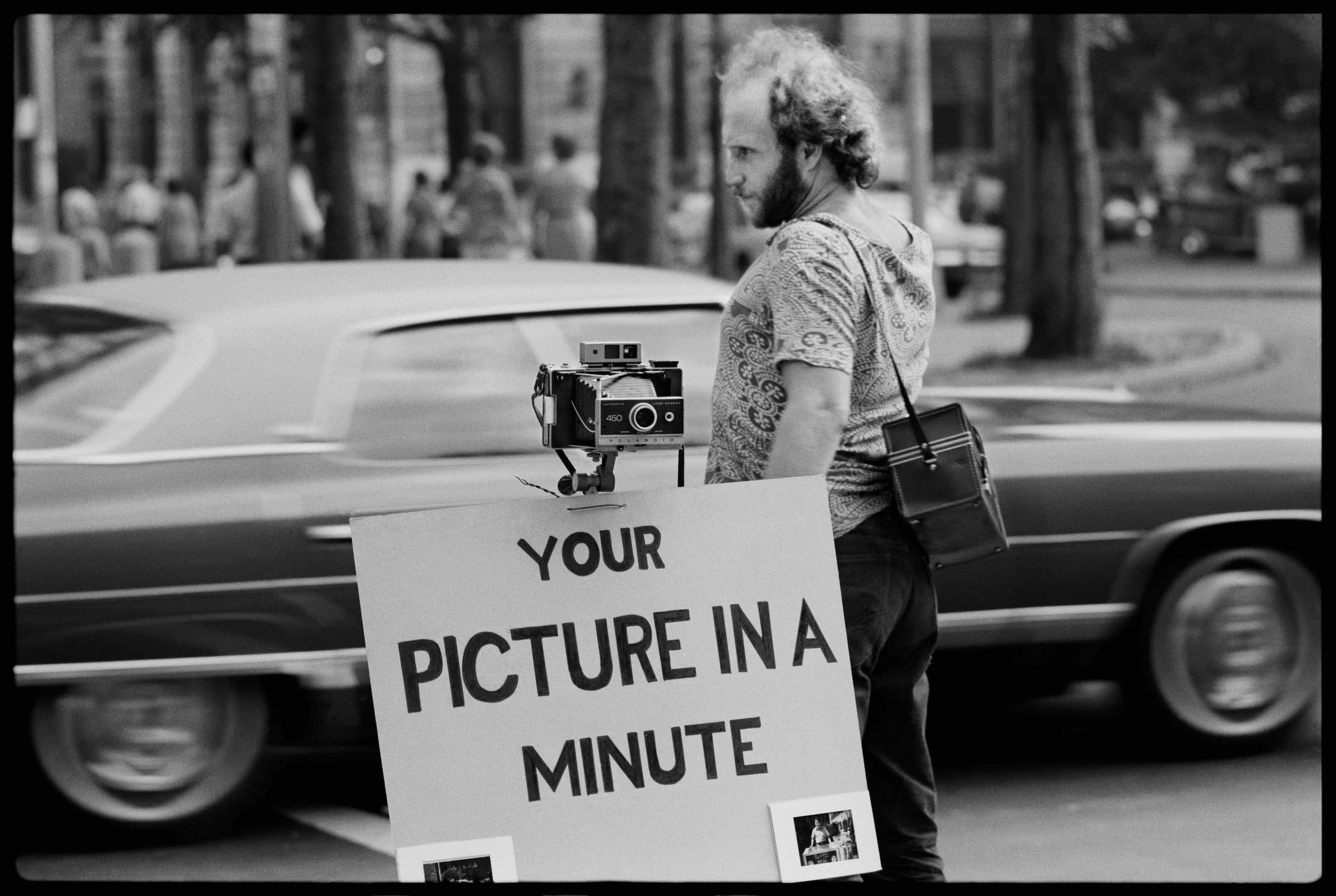
Do you think the arts have the ability to change things?
Sure, sure! Whether art, photography or music I think there’s so much power in them. I think photography in this political climate has such power, sometimes the image is even more potent than the moment itself.
Do you find there’s a split between the Chris Stein of Blondie and Chris Stein the photographer?
It’s totally integrated. When I was a kid growing up with photography there was such a merging for me, The Beatles for instance – there was the music but there was also these incredible images of them. You have to wonder if those guys didn’t look like that, would it have been a different journey entirely? So thinking of those things as a musician and a photographer is interesting to me, I mean people had seen photos of Debbie [Harry] before they’d heard our music.
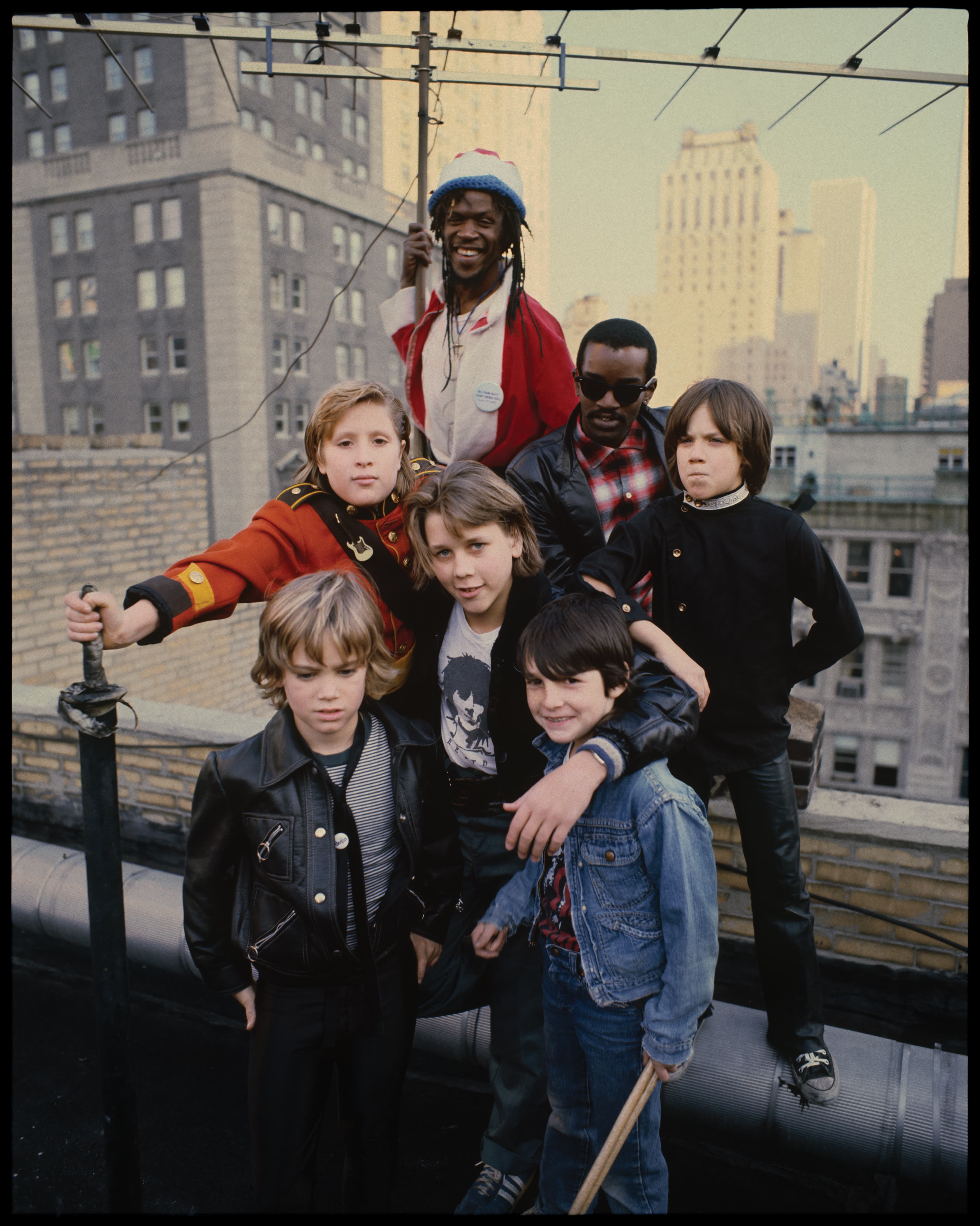
Do you remember the moment you first fell in love with photography?
Oh yeah, I remember being a little kid using those little box cameras. I also had a magazine with a very evocative picture of a snowy street, and I looked at it all the time. I felt so drawn into this image even as a child. That was the photo where I first really felt that pull, that desire to capture things.
If you could photograph one thing for the rest of your existence what would you choose?
I think the streets, people on the street. If I could I’d time travel back to 1920 I would take a digital camera and shoot the streets!
Oh really, do you prefer digital to film now?
Definitely. Film now is kind of like vinyl now, it’s a bit of a fetish at this point, a nostalgic thing. I don’t really think it’s better, it’s a very nice thing, but it’s so much easier to deal with digital. I understand photographers who like to print their work, and digital sometimes stops people from doing that, but you can get really great prints from digital too!
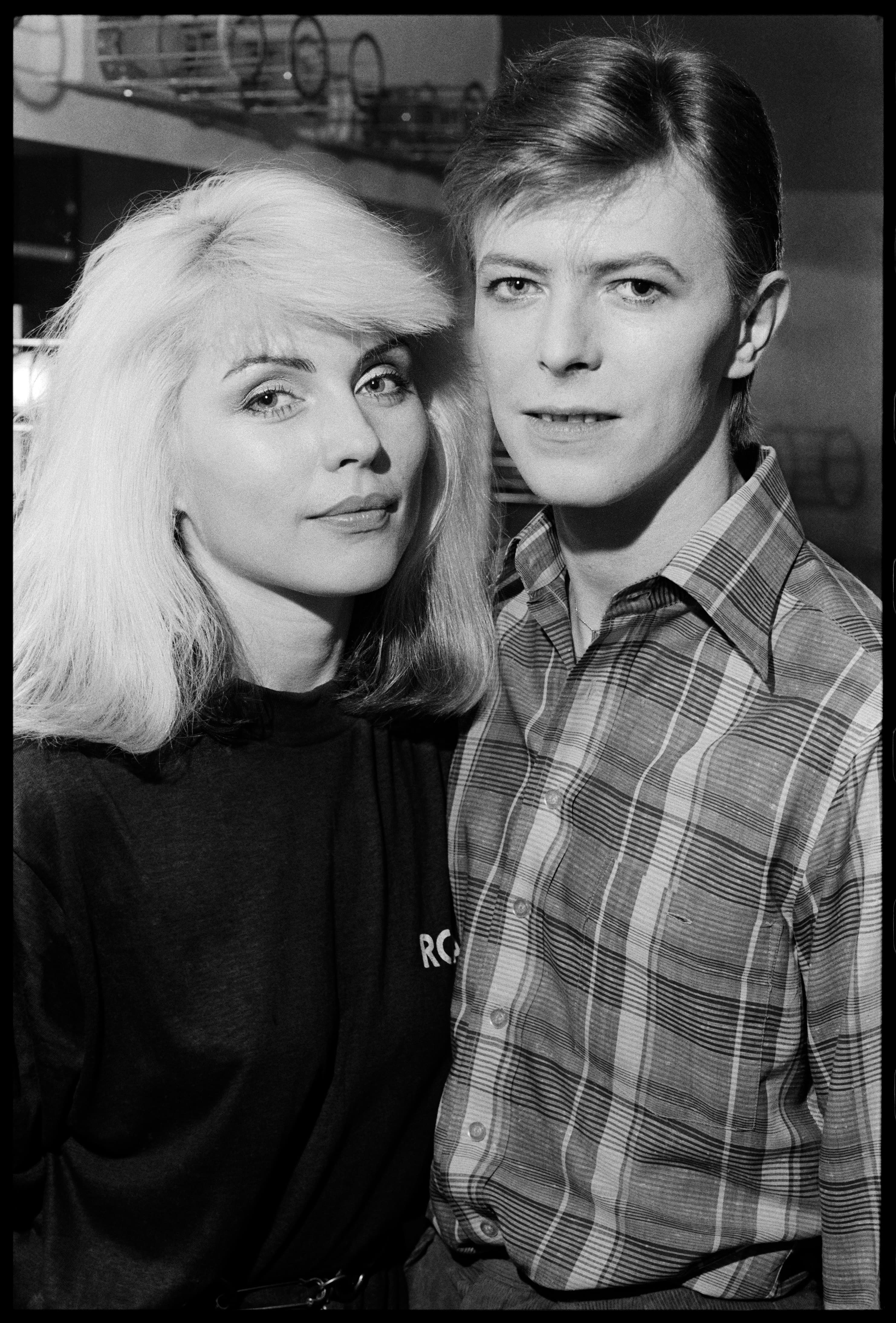
Part of the fascination surrounding your work is how candid a lot of the shots are, even of these renowned icons. Back then when you were taking them, did you think they would still be appreciated now?
It never really occurred to me, those are candid you know? It would just be the band fooling around and they were just my friends – I mean I guess you never know what’s going to happen with your friends in 30 years. I think I did appreciate some of the people I was around, sometimes would stop and think about it. But it was always about the photography for me, capturing a moment to create good images.
A big part of the New York of old and the nostalgia surrounding it is because of that specific cultural milieu… Do you reminisce much?
I do feel very lucky when I look back and think about the culture I was surrounded by. I think the nostalgia is powerful though, because it makes you forgot what you’re around now. I mean there is a similar scene happening right now, online and in real life: it’s all a couple of bands and people who aren’t afraid to speak their mind. Now there’s that resistance again, young people are interrelated through interests and feelings, which I do find so exciting. The overall sentiment has changed I guess, we did things just because we wanted to do it, whether it be Beatniks or Hippies, they just did it. I mean music was like that, I never though of it in terms of a career option, it was passion first.
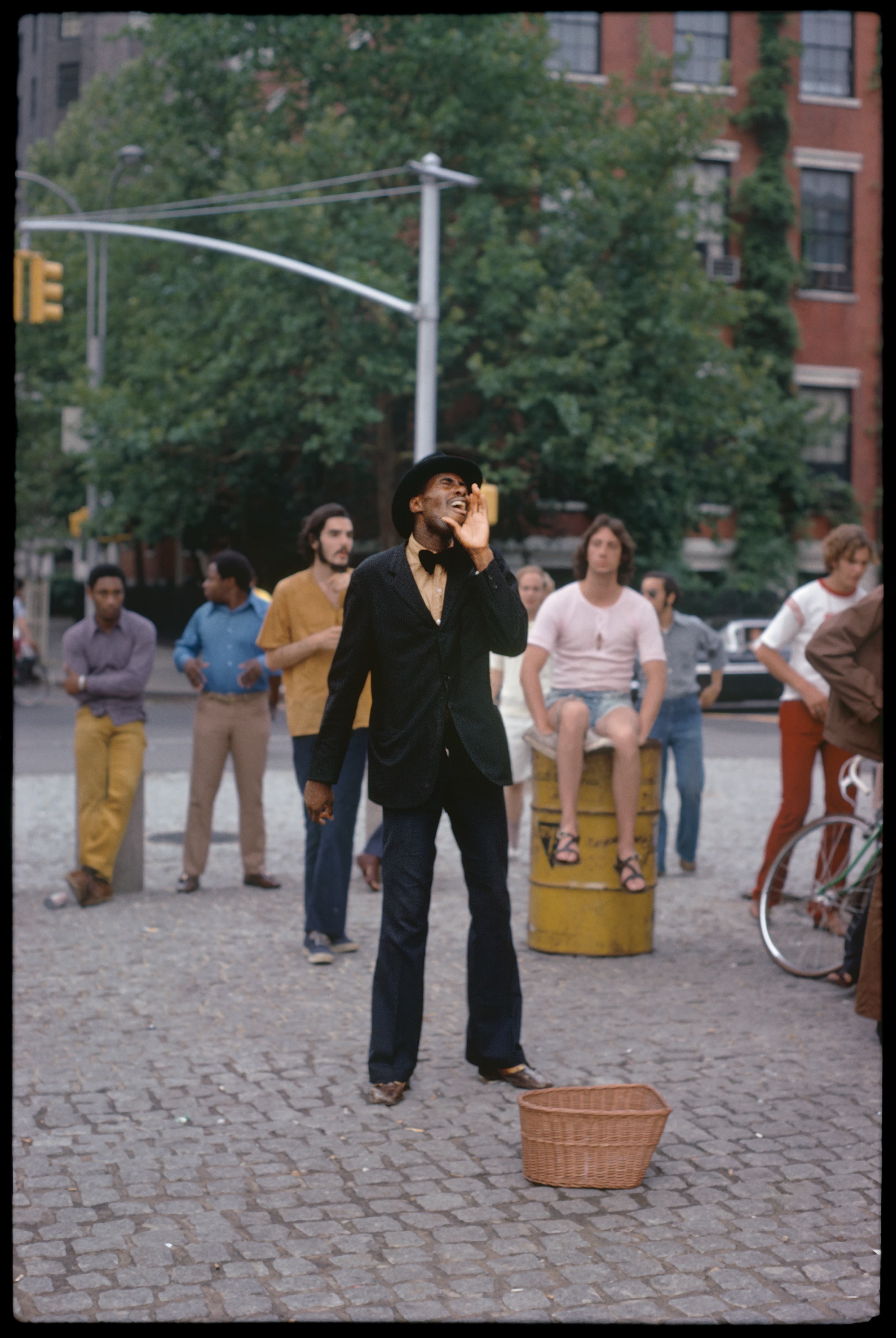
Can you talk us through your experiences with the Beat Generation…
I was really lucky to fall in with that crowd, they were all terrific, so interesting. I grew up surrounded by that culture, they were all such characters. I met a bunch of them – [Allen] Ginsberg, Brion Gysin, and John Giorno… I got on well with Bill Burroughs, too. I think I identified with the movement to a certain extent; Blondie had a bit of a reputation, still do, as being a part of that bohemian culture, which I definitely get.
Did you manage to photograph much of that generation?
Yeah a bit but mostly I was inspired by it, I mean I remember going around Washington Square when I was a kid and just loving the environment. I dug up a few photos from a rent party of Ted Joans’ – who was Charlie Parker’s roommate – he was the guy who was credited with graffitiing ‘Bird Lives’ all over New York after Parker died. But Weegee had shot all these great photos at these rent parties and bohemian events, it’s an amazing series and that really inspired me too.
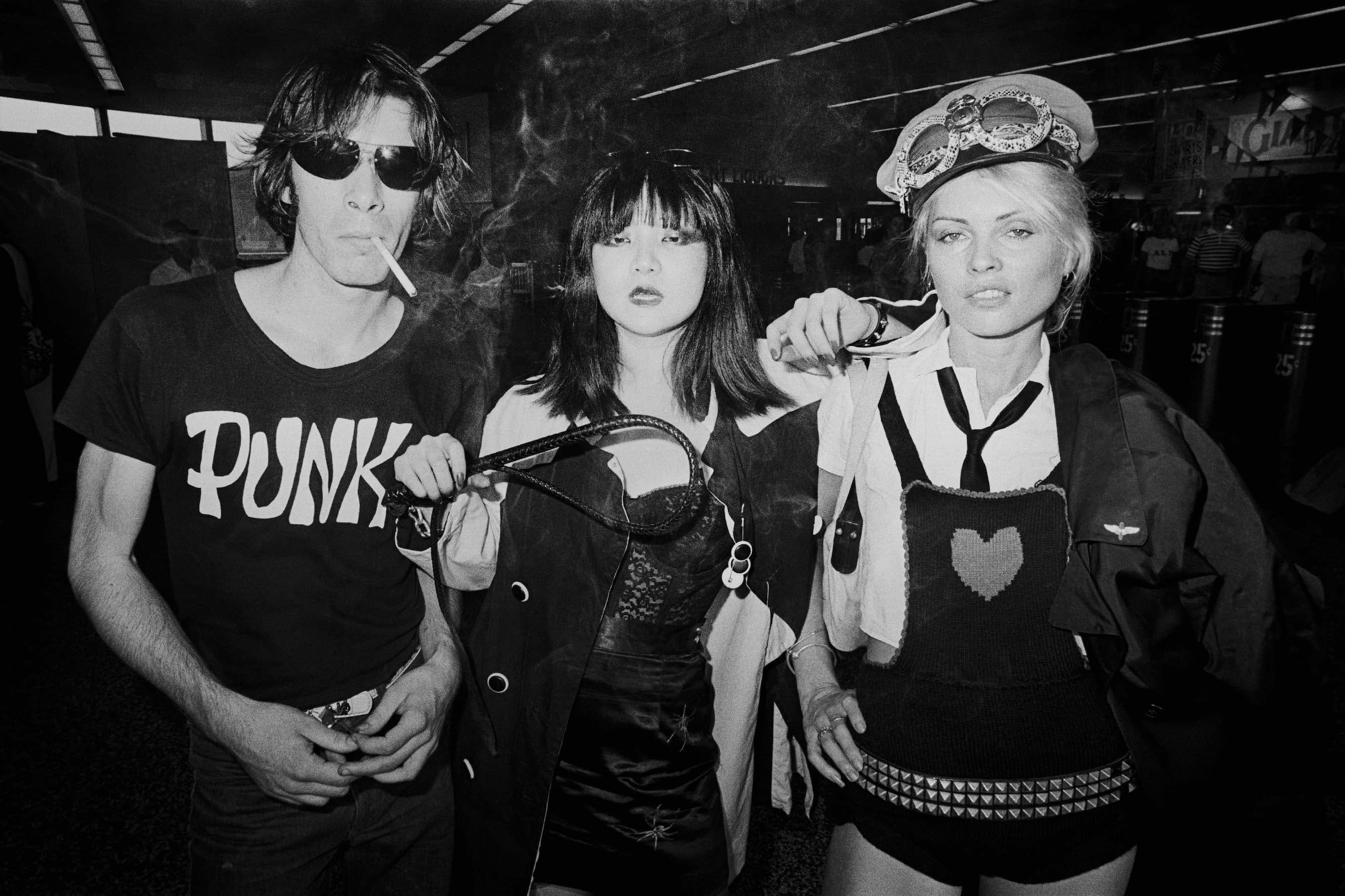
One time your high school band opened for The Velvet Underground too right…?
Yeah that was crazy looking back. I remember going to the Factory with an old buddy of mine, because he decided he was going to interview Andy [Warhol], and they loved him so gave him a job there gofer, getting coffees etc. He used to go to Andy’s house and wake him up in the morning y’know… Then this one afternoon we were all in Brooklyn, and he said that the opening act for the Velvet’s can’t make it so would we wanna do it! So we had to use their amps and stuff, it was mad, but amazing. People came up to us after saying “Oh Andy thinks you’re really great”, and he’s up there watching us from a little balcony (laughs). There was only about 20 people there but it was a real experience. Yeah it was great there are tapes of us playing in this gymnasium, pretty crazy. And its all still there now which is wild.
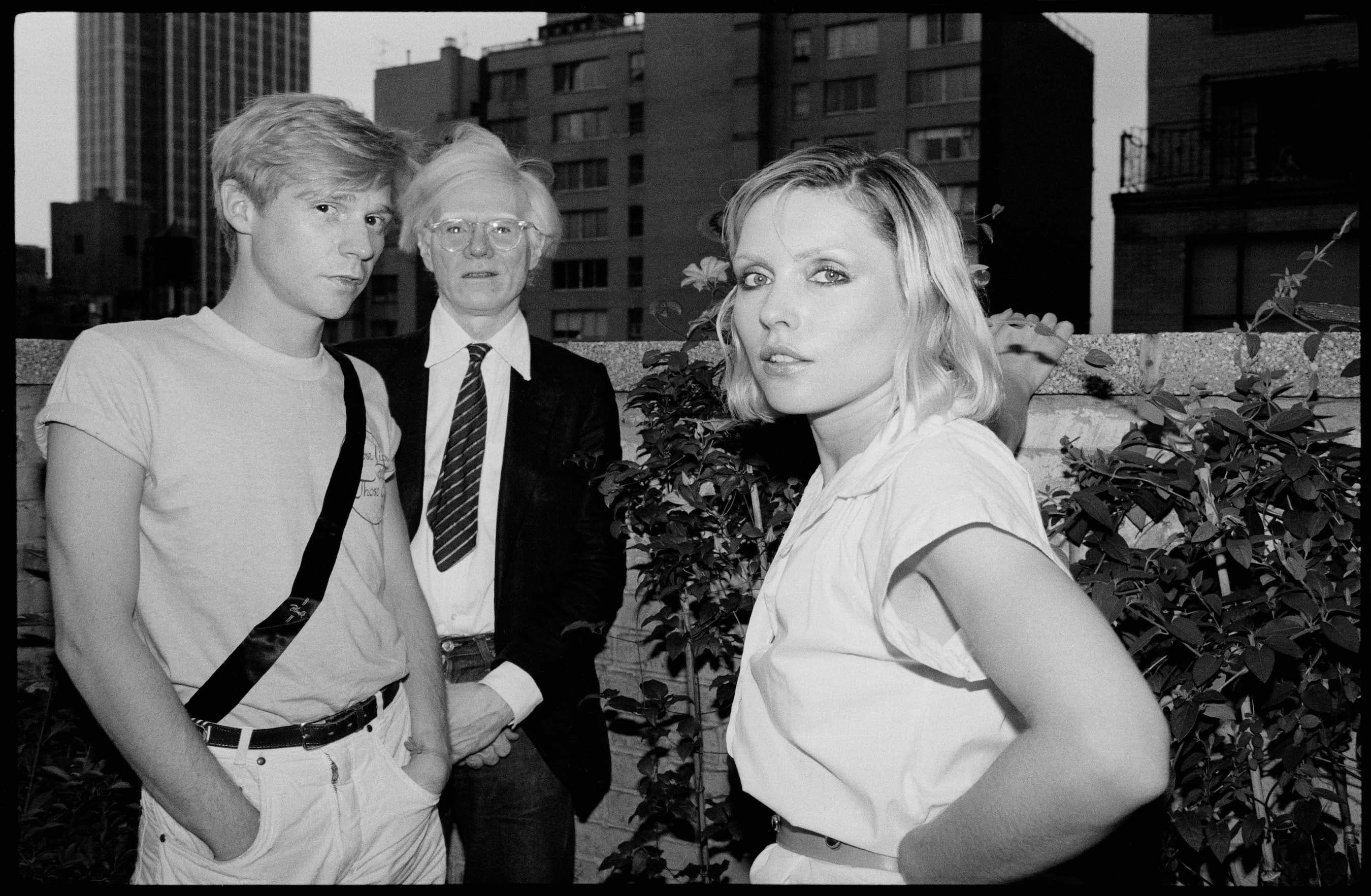
When you looked back what has changed the most about New York today?
It is gradual i think, i mean i hadn’t seen a lot of those shots in years so it seemed like a lifetime ago. Putting it all together i hope people get a sense of the time. A physicality of it all. I mean theres stuff that was once there but i think its sad because New York of today is just the antithesis of what it once was. Its just a high end fashion mall now, so gentrified.
What do you most enjoy documenting in New York now? Is it still the streets that you love?
Yeah definitely. I think its sad to see, the changes but I do love documenting it still. I do really love taking my camera everywhere, I appreciate the continuity because I’ve been here for all my life, I like having that connection. In Point of View I talk about this Lou Reed monologue where he said something along the lines of “I hate New York but I’d be uncomfortable anywhere else”, I feel that for sure. In the old days everyone was complaining that they wanted to get out but no one really ever did.
Point of View by Chris Stein is out now, click here for more information.
